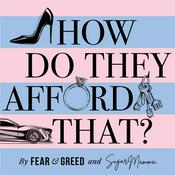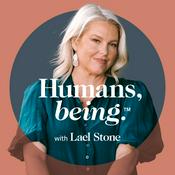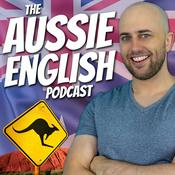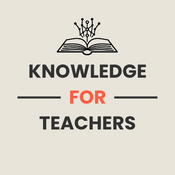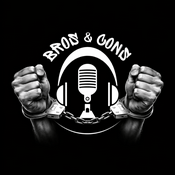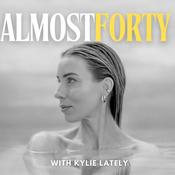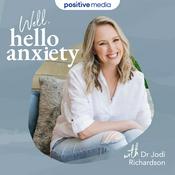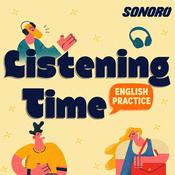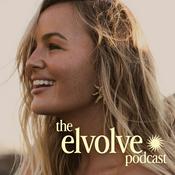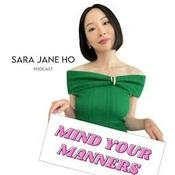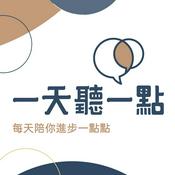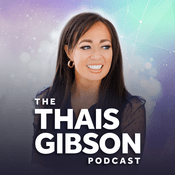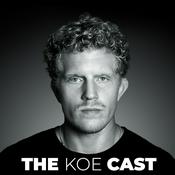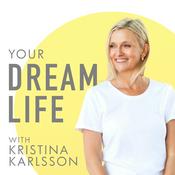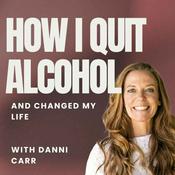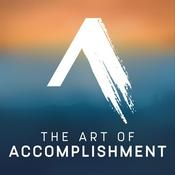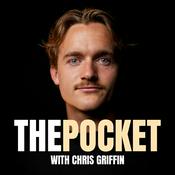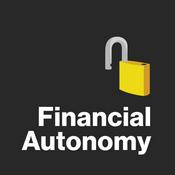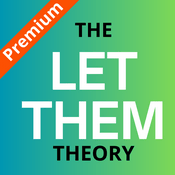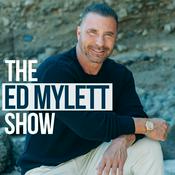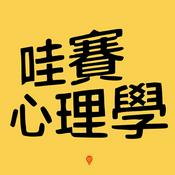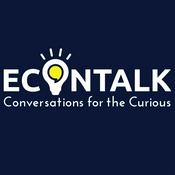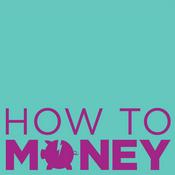113 episodes
- I want to explore a definition of intelligence that genuinely changed the way I see life.
Naval Ravikant once described intelligence as the ability to get what you want out of life. When I first sat with that idea, I realised how much it challenges the way most of us think about growth, success, and fulfilment.
In this episode, I reflect on why so many capable people feel stuck, why clarity so often arrives after action rather than before it, and how our relationship with uncertainty quietly determines the direction of our lives.
We explore emotional fitness as the capacity to navigate challenge without losing direction, why fear is not a signal to stop but a signal to begin, and how a surprisingly small percentage of our actions can create disproportionate results when we focus on the right things.
This is a conversation about curiosity, courage, and learning to work with uncertainty rather than waiting for it to disappear.
Join me at the Free 3-part Emotional Fitness Bootcamp
https://www.joepane.com.au/emotional-fitness-bootcamp - There’s a voice within you that knows. It speaks quietly beneath the noise, the pressure, the doubt. In this first episode of 2026, Joe Pane explores why self-trust is not just a personal milestone—it’s a leadership necessity.
Through stories and reflections, Joe reveals how trusting your emotional compass opens the door to clarity, growth, and real fulfilment. This is not about setting more goals—it’s about becoming the kind of person who no longer needs to be rescued from uncertainty.
If you’re feeling stuck, stretched, or simply ready to evolve—this episode will meet you where you are.
If this message resonates with you, and you're ready to explore what self-trust and emotional clarity can look like in your life or coaching practice, make sure you are the first to know about an upcoming free training by joining our priority notifications list https://effprogram.com/priority-vip-jp
Let 2026 be the year you listen deeper, trust sooner, and grow through what you feel — not just what you think.
--------------------------------
Register for the upcoming free trainings www.joepane.com.au
-----------------------------------------------------
Let's connect @joepaneinsights - LinkedIn, Facebook, Instagram @joepaneinsights
Registration link for upcoming free trainings www.joepane.com.au
Social media profiles
LinkedIn: https://www.linkedin.com/in/joepaneinsights
Facebook: https://www.facebook.com/joepaneinsights
Instagram: https://www.instagram.com/joepaneinsights E110. How To Make Your Mind Stronger Than Your Emotions When the Going Gets Tough
17/08/2025 | 25 mins.We all experience the ebbs and flows of life. One moment, everything’s smooth. The next, we’re caught in overwhelm or uncertainty.
And in those moments, something unexpected happens: our emotions often take the wheel.
In this episode, I share a different approach. A thought reversal.
What if the answer isn’t to feel more, but to focus better?
There’s nothing wrong with emotion. But when things get tough, it’s the strength of our focus that determines how we respond.
In Episode 110, I offer four key focus points you can use in any difficult moment:
✅ Focus on what you can control
✅ Focus on what you have
✅ Focus on others
✅ Focus on the present/future
This is a conversation about emotional fitness — not perfection. And I hope it meets you wherever you are in your journey.
Thanks for listening.
Love,
Joe
Register for the upcoming free trainings www.joepane.com.au
-----------------------------------------------------
Let's connect @joepaneinsights - LinkedIn, Facebook, Instagram @joepaneinsights
Social media
LinkedIn: https://www.linkedin.com/in/joepaneinsights
Facebook: https://www.facebook.com/joepaneinsights
Instagram: https://www.instagram.com/joepaneinsights- Discover the 7 best qualities of an emotionally fit human being to lead with clarity, confidence and resilience in every area of life.Whether you are a parent, leader, coach or trainer, emotional fitness shapes how you respond to stress, pressure and change. In this episode, Joe Pane shares the 7 BEST qualities of emotionally fit human beings. From mastering mindset and staying reliable under pressure to leading with soul and choosing your destiny. Learn how to amplify your impact and create transformative results for yourself and those around you.
--------------------------------
Register for the upcoming free trainings www.joepane.com.au
-----------------------------------------------------
Let's connect @joepaneinsights - LinkedIn, Facebook, Instagram @joepaneinsights
-----------------------------------------------------
Social media profiles
LinkedIn: https://www.linkedin.com/in/joepaneinsights Facebook: https://www.facebook.com/joepaneinsights Instagram: https://www.instagram.com/joepaneinsights - In episode 108 of Insights, I unpack imposter syndrome and reframe it as a powerful growth signal. If you’ve ever felt like you’re about to be found out, it could mean you are on the verge of becoming who you’re meant to be. Let’s look at how this feeling is not a blocker, but a breakthrough.
--------------------------------
Register for the upcoming free trainings www.joepane.com.au
-----------------------------------------------------
Let's connect @joepaneinsights - LinkedIn, Facebook, Instagram @joepaneinsights
Registration link for upcoming free trainings www.joepane.com.au
Social media profiles
LinkedIn: https://www.linkedin.com/in/joepaneinsights Facebook: https://www.facebook.com/joepaneinsights Instagram: https://www.instagram.com/joepaneinsights
More Education podcasts
Trending Education podcasts
About Insights with Joe Pane
This podcast is dedicated to those of us on a journey from ambition to meaning. I share with you the experiences of 1000's of people I have had the honor of coaching, training and leading over the last decade and a half, who have each embarked on this journey. This podcast is about redefining success. Ultimately, success is about the value we have been to someone else. This kind of success flavors our ultimate legacy, which is the contribution we have made to the live's of others. Thank you and I look forward to sharing all I can about this beautiful journey.
Podcast websiteListen to Insights with Joe Pane, How Do They Afford That? and many other podcasts from around the world with the radio.net app
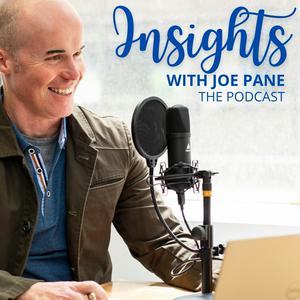
Get the free radio.net app
- Stations and podcasts to bookmark
- Stream via Wi-Fi or Bluetooth
- Supports Carplay & Android Auto
- Many other app features
Get the free radio.net app
- Stations and podcasts to bookmark
- Stream via Wi-Fi or Bluetooth
- Supports Carplay & Android Auto
- Many other app features


Insights with Joe Pane
Scan code,
download the app,
start listening.
download the app,
start listening.

